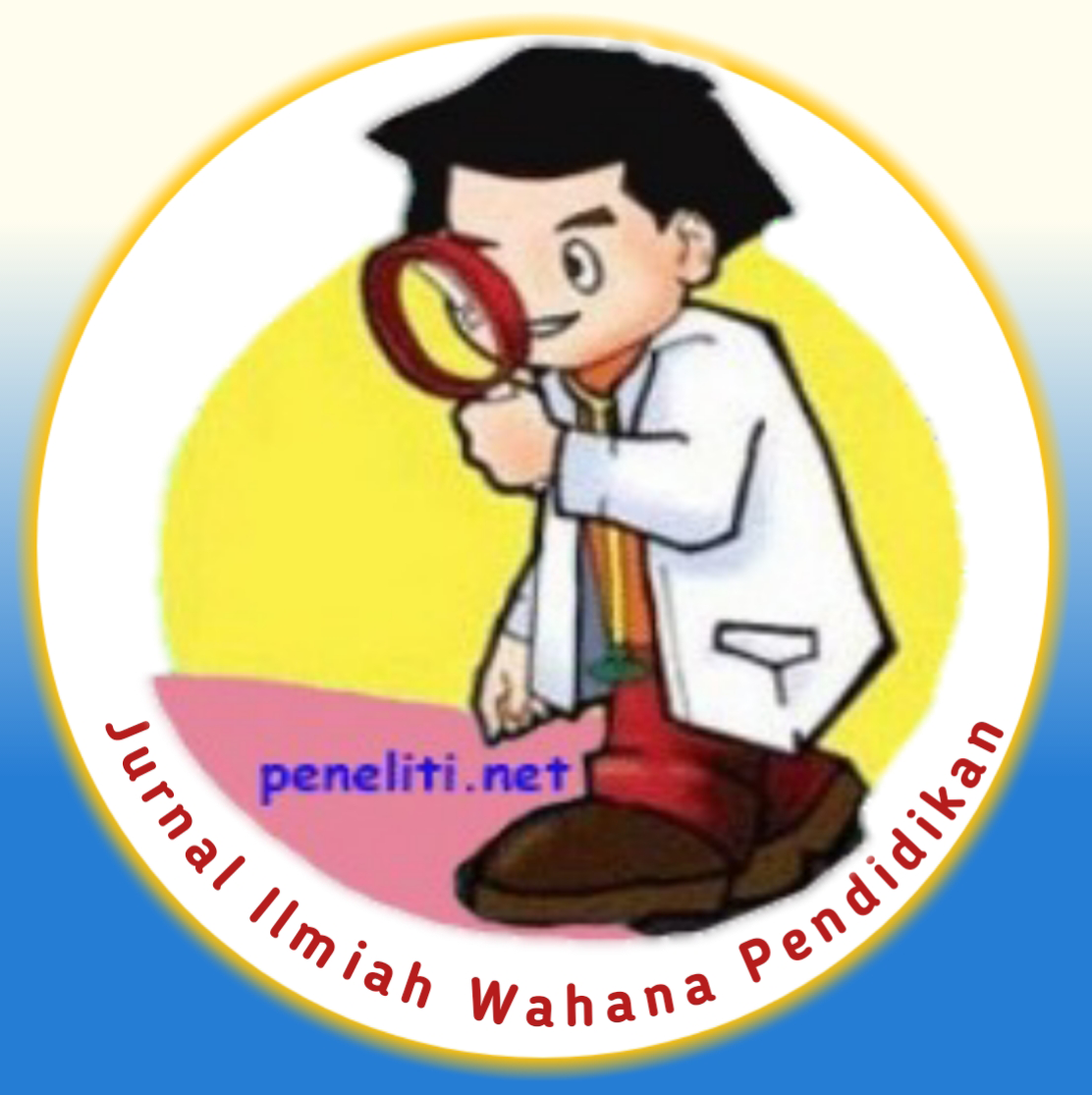Perbandingan Model Pembelajaran Inkuiri Bebas Dan Inkuiri Bebas Termodifikasi Terhadap Hasil Belajar Kimia Siswa Ditinjau Dari Kemampuan Awal Siswa Kelas X SMAN 2 Selong Tahun Pelajaran 2019/2020
Abstract
This study was aim to compare between free inquiry learning model and free inquiry modified model on chemistry learning. Free inquiry Modified model is the combination of guided inquiry and free inquiry. This study is quasi experimental by using 2 x 2 factorial design. Each of learning model is prepared with learning device in the form of syllabus, lesson plans, worksheets, and written tests to measure the students’ learning outcomes and validated by experts earlier. The sample of study were grade X IPA- 2 and X IPA- 3. The sample grade X IPA- 2 is taken by using guided inquiry models. Meanwhile, grade X IPA-3 is taken by using free inquiry modified model, with the previous semester's scores as the students’ initial abilities. The initial ability score that higher than average as high initial ability and under average score as low initial ability.The student learning outcomes of grade X Senior High School 2 Selong who were taught by free inquiry learning have higher score than students who were taught by free inquiry modified model, it can be seen from the average score of each class, namely X IPA- 2, 78.75 while X IPA- 3, 76.25. Each of grade has increasing score before and after treatment. As the result, the average score for grade X IPA-2 before treatment is 66.75 become 78.75. Whereas, the average score for grade X IPA-3 before free inquiry modified treatment is 64.93 become 76.25.




